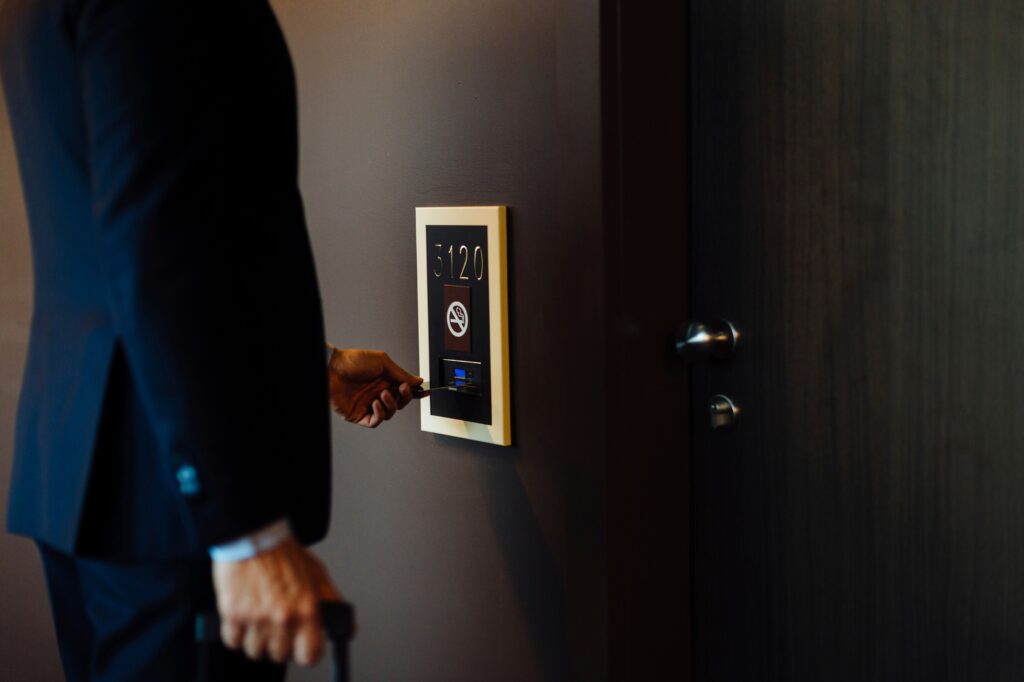
The Importance of Building Automation for Energy Efficiency
Building automation has become an essential tool in modern building management, offering significant benefits in energy efficiency and cost reduction. A Building Automation System (BAS) integrates control of heating, ventilation, air conditioning (HVAC), lighting, and security systems, making it easier to monitor and adjust building performance. By allowing centralized control, BAS optimizes system functions to reduce waste, lower energy consumption, and enhance overall comfort.
One of the key advantages of automated systems is their ability to monitor energy usage in real-time. This data helps identify areas of energy waste, leading to better decision-making and energy-saving adjustments. With automated lighting controls, HVAC optimization, and adaptive temperature settings, you can significantly reduce electricity usage without compromising on comfort or functionality.
Another important aspect of building automation is its ability to improve occupant comfort while lowering operational costs. With sensors and controllers integrated into the system, the building adjusts automatically to meet changing conditions, such as fluctuating occupancy levels or external weather changes. This real-time responsiveness ensures that energy is only used when and where it’s needed, ensuring that building operations are both efficient and sustainable.
In addition to saving energy, BAS systems also help reduce wear and tear on equipment by ensuring systems operate at peak efficiency. This means fewer repairs and a longer lifespan for your HVAC and other critical systems. As buildings continue to evolve, embracing smart building automation technology is one of the most effective ways to stay ahead in terms of energy savings, comfort, and sustainability.

